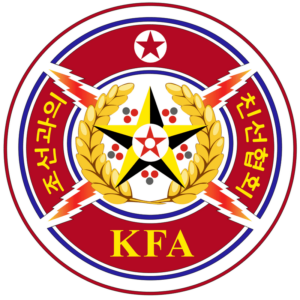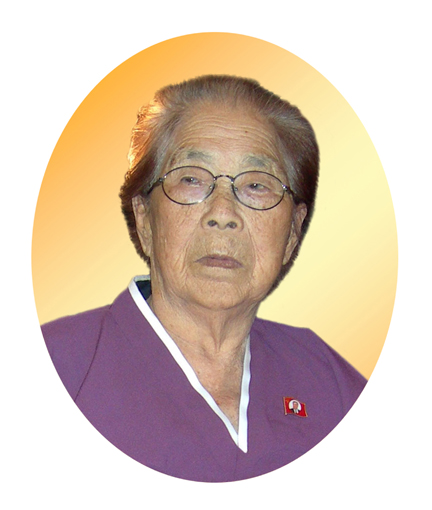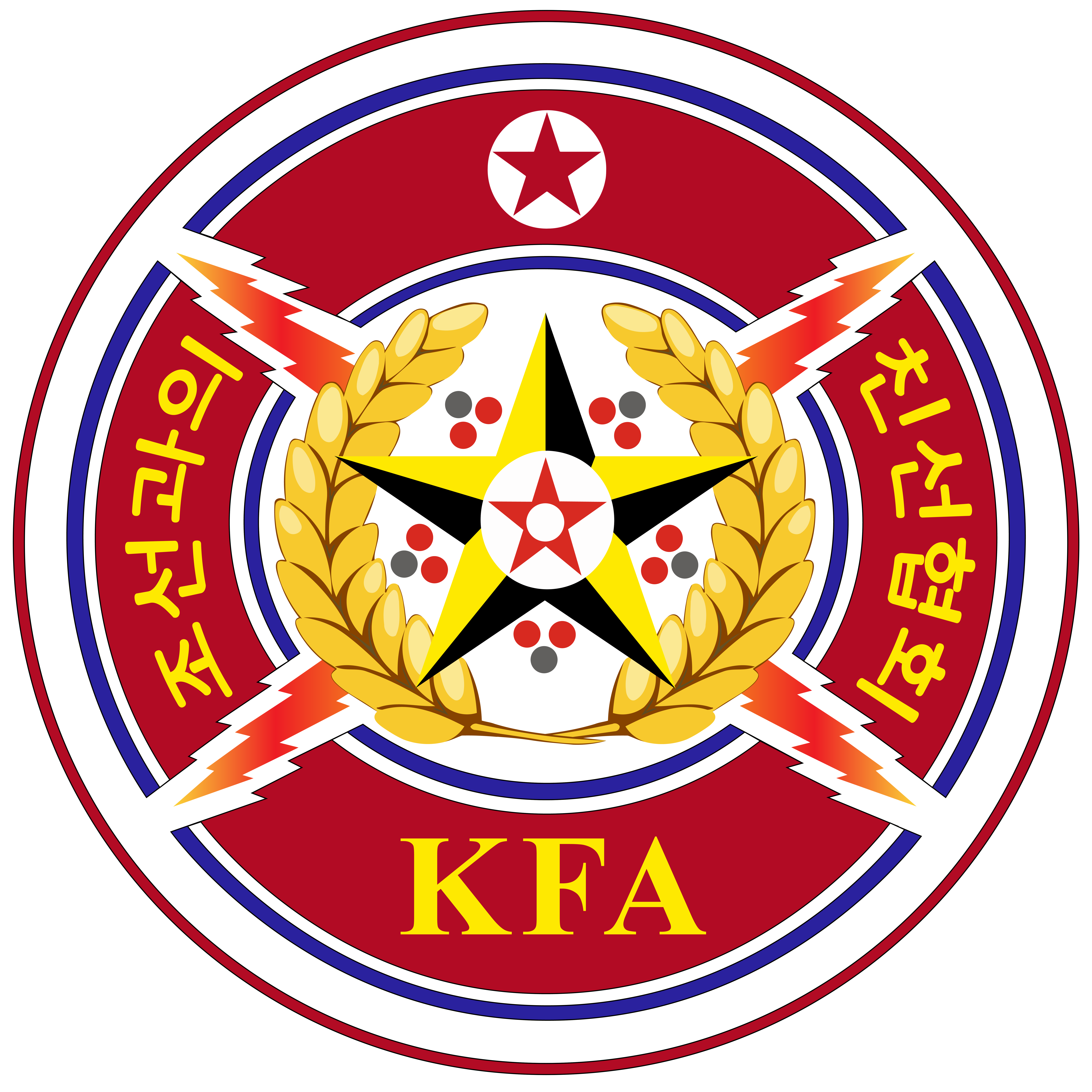News
First Woman Deputy
The first woman deputy of the DPRK parliament was Kim Tuk Ran (July 1913-April 2010).
She was born as the eighth daughter of a poor family. Her birth was a great burden to her family which lived a hand-to-mouth existence.
Worse still, her future was uncertain in the society where women were regarded as inferior to men.
However, the liberation of the country (August 15, 1945) breathed life into her family.
The promulgation of the Law on Agrarian Reform (March 1946), the Labour Law (June 1946) and the Law on Sex Equality (July 1946) opened up a broad avenue for her and all other Korean women and made it possible for them to devote their all to building a new country.
Working as the chairwoman of the women’s union in Raeha-ri, Thaechon County, North Phyongan Province, she proactively inspired all the women in the ri to the efforts to implement the line of nation building advanced by President Kim Il Sung.
During the Fatherland Liberation War (June 1950-July 1953), she worked hard to increase agricultural production and fought bravely in defence of her native land, although she had lost her two-year-old son (her only son) in an enemy’s air raid.
She attended a meeting of the Inter-Parliamentary Union (IPU) held in Japan in the early 1970s as a member of the DPRK delegation. On learning that she was a vice-chairwoman of the DPRK Supreme People’s Assembly, other participants from various countries showed special interest in her and wanted to know which university she had attended and how she could have become a vice-chairwoman.
Whenever she was asked by the press, she would say: I am an ordinary woman with a common family background. I was a kitchen maid. But thanks to the care of my country which truly respects women’s rights, I have been able to glorify my life as a vice-chairwoman of the Supreme People’s Assembly.
She served as a deputy to the SPA for three decades, 13 years of which as its vice-chairwoman.
She brought up her six daughters well to become talented creative workers in the sector of art and literature.
The life of Kim Tuk Ran epitomizes those of the Korean women who were once disregarded both in their families and society but have become the masters of the country and society.


